

During the final of three General Elections Debates organised by the Jamaica Debates Commission on Thursday, leader of the Opposition People’s National Party (PNP) Mark Golding and Prime Minister Andrew Holness came head to head over the future of Jamaica’s tax policy, particularly the PNP’s ambitious proposal to raise the income tax threshold to $3.5 million.
Golding defended the plan as a necessary lifeline for Jamaica’s struggling middle class, while Prime Minister Andrew Holness dismissed it as financially reckless and politically convenient.
Holness labelled the PNP’s plan as both historically ironic and economically dangerous, accusing the opposition party of causing the very crisis they now claim they will solve.
“The hollowing out of the middle class is an act of the PNP. They totally decimated the middle class,” Holness said. “It is the Jamaica Labour Party that introduced the increase in the non-tax threshold that recreated a middle class in Jamaica.”
He went on to tout his administration’s record, citing the massive $200 billion injection into public sector salaries through compensation restructuring, and arguing that the current system is already working to lift Jamaicans out of hardship.
“When you look at the salary profile of PAYE contributors, you would see that their salaries have all risen. It is the Jamaica Labour Party through the compensation review that has increased salaries by over $200 billion for public sector workers. The current proposal of the PNP is unworkable,” Holness said.
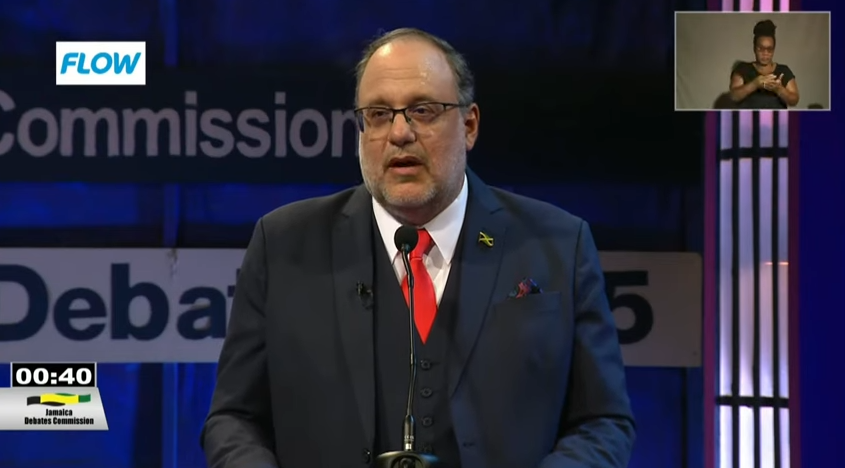
Golding argued that Jamaica’s economic conditions, especially its improving debt-to-GDP ratio, make this the right moment to ease the burden on working families.
“The context in which we have decided to increase the threshold to $3.5 million is the hollowing out of the middle class in this country, working families finding it extremely difficult to make ends meet,” said Golding.
Golding pointed to the expected achievement of Jamaica’s long-standing fiscal goal—a 60 per cent debt-to-GDP ratio introduced under the Portia Simpson Miller administration, as a fiscal turning point.
He argued this milestone would unlock 2.5 per cent to 3 per cent of GDP in fiscal space, funds which he said are “more than sufficient” to cover the cost of the tax relief programme.
“This will make our civil servants and our middle managers, and indeed most Jamaicans presently suffering under the high burden of the cost of living, have money that they can spend, fix up their homes, buy a car, or pay down debt. It’s necessary to preserve the country from brain drain and to keep the society intact,” Golding declared, presenting the proposal as a broader social investment, not just an economic tweak.

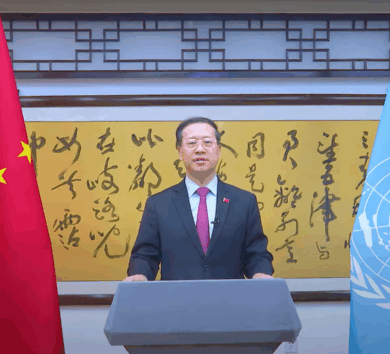
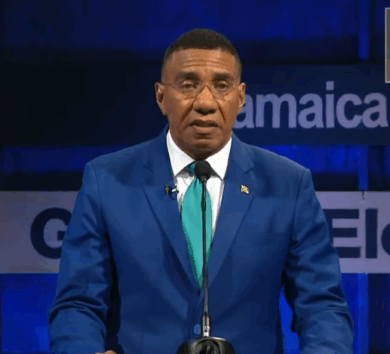
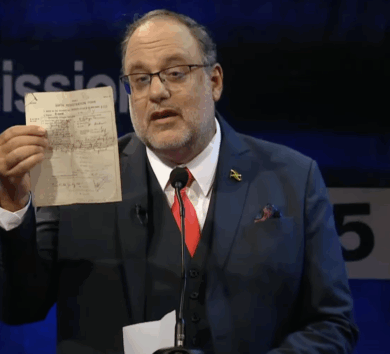
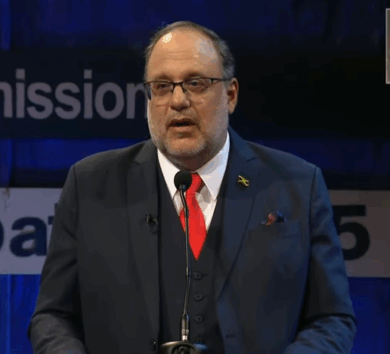

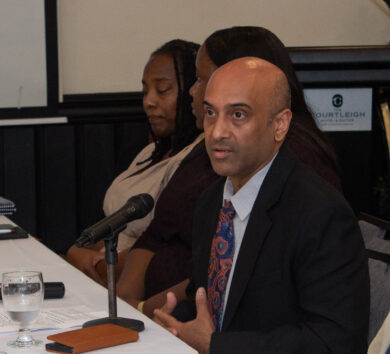
Comments